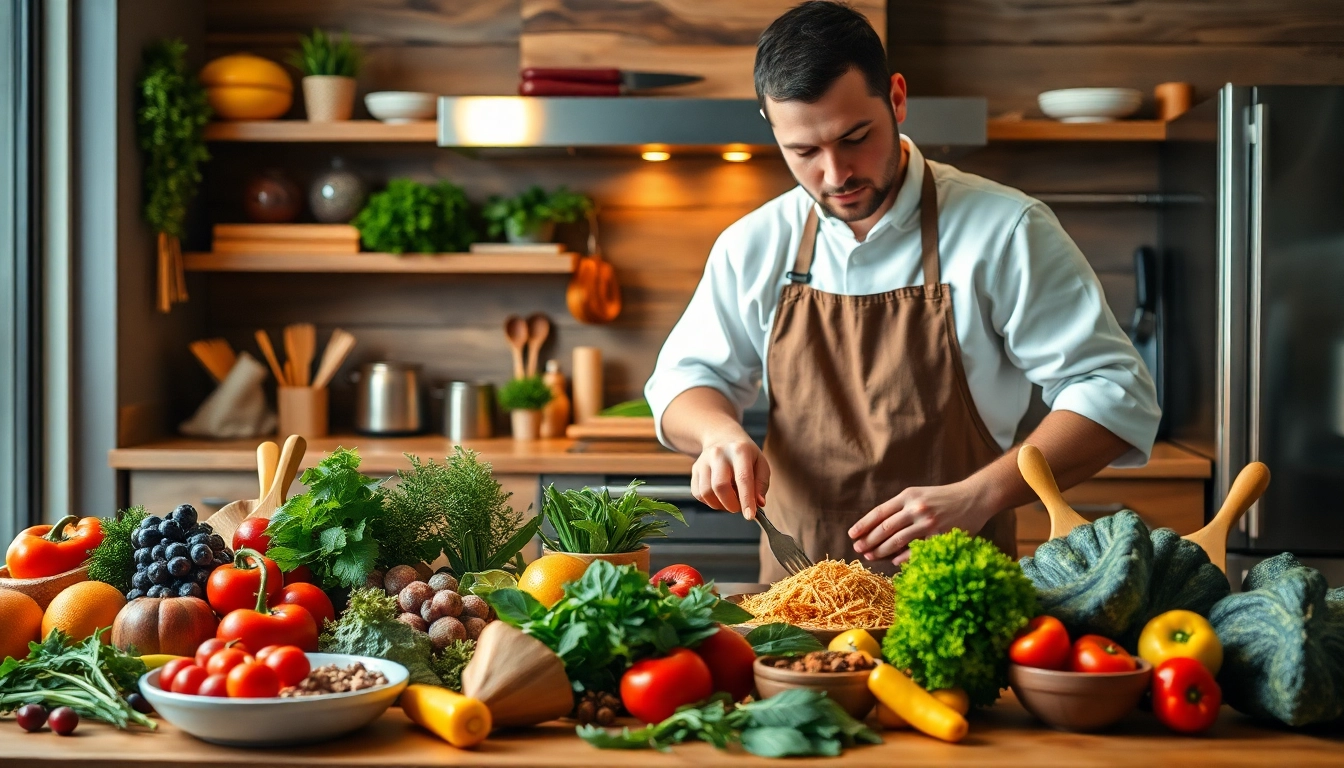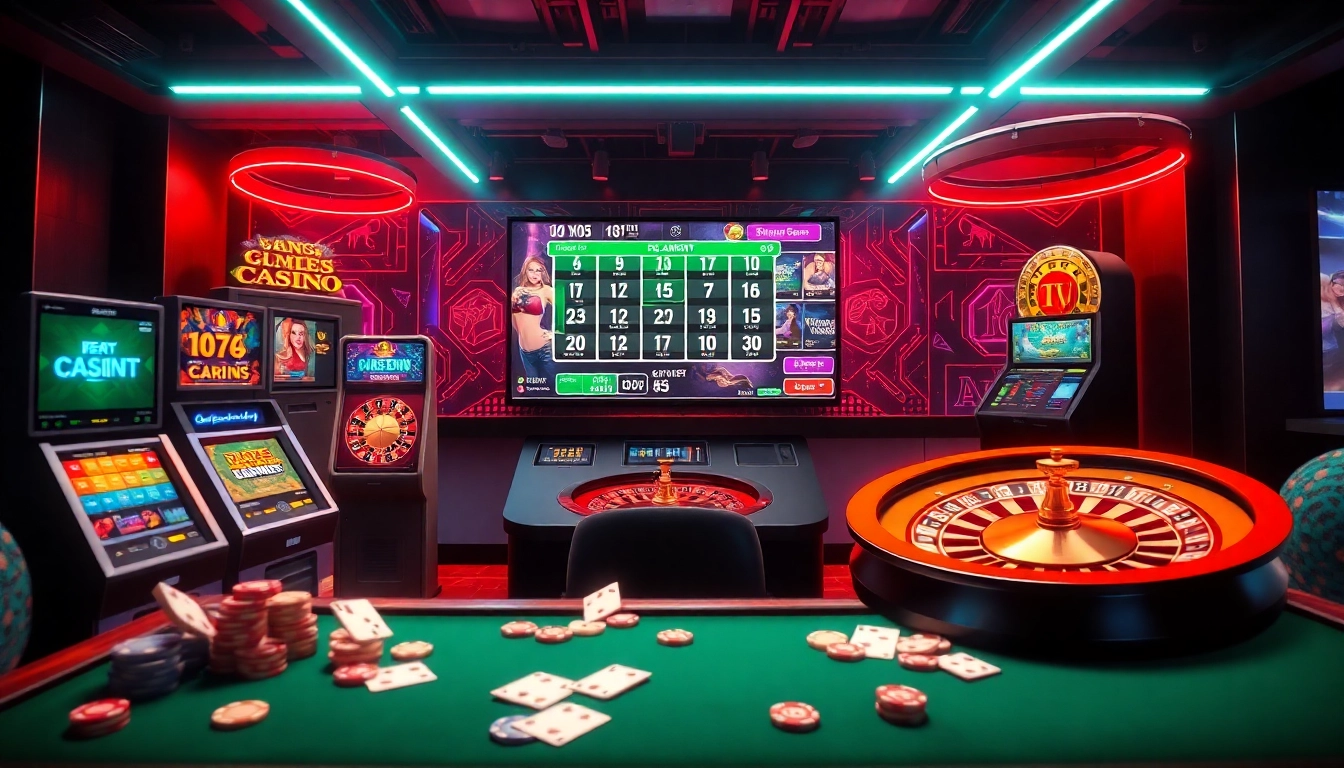The Basics of rr88 Cooking Techniques
Understanding Ingredients in rr88 Cooking
In the world of rr88 cooking, selecting the right ingredients is crucial for creating dishes that not only taste great but also represent the essence of the cuisine. This section delves into the foundational ingredients used in rr88 cooking, exploring their origins, flavor profiles, and how to properly select them to ensure the best results in your culinary endeavors.
Traditional dishes often highlight unique ingredients that may not be familiar to every home cook. For example, the use of specific spices and herbs can dramatically influence the flavors of a dish, so understanding these elements is essential. Ingredients such as lemongrass, galangal, or specific fish sauces often provide the umami base for many dishes in this style of cooking.
Essential Equipment for Effective rr88 Cooking
Having the right tools is just as important as having quality ingredients. Essential equipment might include items such as a good wok for stir-frying, a sharp knife for precision cutting, and a reliable rice cooker to prepare staple grains perfectly.
Investing in quality, durable cookware can make a significant difference in your cooking experience. A heavy-bottomed pot or pan can help ensure even cooking, while high-quality knives can improve safety and efficiency in food preparation.
Basic Cooking Methods: Sauté, Bake, and More
In rr88 cooking, various techniques are utilized to bring out the natural flavors of ingredients. Sautéing is a primary method, allowing cooks to quickly cook vegetables while retaining their color and crunch. Baking is also popular, especially for dishes that require a crispy finish or for desserts. Understanding when to use each method can elevate your dishes from commonplace to extraordinary, revealing the potential that lies within traditional recipes.
Signature Dishes in rr88 Cooking
Popular rr88 Cooking Recipes to Master
Every cuisine has its hallmark recipes that define its character. In rr88 cooking, mastering dishes such as Pho (a fragrant noodle soup) or Bun Cha (grilled pork with noodles) is essential. Each dish tells a story, often reflective of the region’s culture and history. Learning to prepare these dishes involves not just following a recipe but also understanding the techniques that make them unique.
Additionally, exploring seasonal recipes can add a delightful variety to your cooking routine, showcasing fresh produce and local flavors. Incorporating regional specialties into your cooking repertoire can impress guests and deepen your appreciation for the culinary arts.
Ingredient Pairings for rr88 Cooking Success
Pairing ingredients effectively can elevate any dish. In rr88 cooking, certain flavors complement each other beautifully. For instance, the fresh zing of lime can cut through rich coconut milk, while the heat of chilies can balance the sweetness of some dishes. Learning these pairings enhances not only the flavor but also the nutritional profile of your meals.
How to Modify Recipes for Dietary Preferences
With dietary restrictions becoming increasingly common, knowing how to adapt recipes is essential. Whether it’s switching out proteins for plant-based alternatives or adjusting seasoning to cater to different palates, flexibility is key. This knowledge allows you to maintain the essence of traditional dishes while catering to varied dietary needs, ensuring that everyone can enjoy your cooking.
Advanced rr88 Cooking Techniques and Tips
Innovative Techniques in rr88 Cooking
For those looking to elevate their rr88 cooking, innovative techniques such as sous-vide or fermentation can open new doors to flavor depth and complexity. Sous-vide cooking allows for precise temperature control, resulting in perfectly cooked proteins and vegetables. Fermentation, on the other hand, brings out unique flavors through the transformative reactions of ingredients, creating robust sauces and condiments that enhance dishes.
Flavor Balancing: The Art of rr88 Cooking
Achieving balance in flavor is an art form that sets experienced cooks apart from novices. Understanding how to manipulate the five basic tastes—sweet, sour, salty, bitter, and umami—within your dishes is critical. In rr88 cooking, achieving this balance might mean adjusting acidity levels or enhancing umami with ingredients like fish sauce or mushrooms. Consistent practice in taste-testing and adjusting can lead to mastery over flavor profiles.
Using Tools and Technology to Enhance rr88 Cooking
Modern kitchen gadgets can significantly enhance your cooking experience. Tools like digital thermometers ensure meats are cooked to perfection, while food processors save time chopping or pureeing. Additionally, smart cooking devices offer guided recipes and timers, making complex dishes more accessible. Embracing technology can streamline your cooking process, allowing more time for creativity and exploration.
Community and Culture in rr88 Cooking
Connecting with Fellow rr88 Cooking Enthusiasts
Building a network of fellow cooking enthusiasts can deepen your appreciation and skill. Online communities, cooking classes, and local workshops provide opportunities to exchange tips and share experiences. Engaging with others in the culinary space often sparks inspiration, leading to new ideas and techniques you may not have discovered alone.
Exploring Traditional vs. Modern rr88 Cooking
The debate between traditional and modern cooking methods is a vibrant subject among culinary circles. Traditional rr88 cooking emphasizes time-honored techniques and regional ingredients, while modern interpretations encourage creativity and innovation. Understanding both styles can enable you to adapt classic dishes with contemporary flair while respecting their roots.
Sharing and Celebrating Your rr88 Cooking Creations
Sharing your culinary creations is an integral part of cooking culture. Whether it’s through social media or in-person gatherings, showcasing your dishes allows for community building and creativity. Celebrating cultural dishes during special occasions can also foster a sense of belonging and pride in culinary heritage.
Performance Metrics for Successful rr88 Cooking
Evaluating Your Cooking Skills Over Time
Reflecting on your cooking journey can provide insightful feedback on your growth as a cook. Keeping a cooking journal helps track improvements, successful recipes, and areas for refinement. By assessing your techniques and outcomes, you can set benchmarks for future campaigns, whether they involve learning a new skill or perfecting a signature dish.
Setting Goals for Your rr88 Cooking Journey
Setting specific, measurable goals can motivate you to improve your culinary skills. Whether it’s to master a particular dish, learn a new cooking technique, or explore a regional cuisine, having defined objectives helps maintain focus and fosters a sense of achievement as you accomplish them.
Using Feedback to Improve Your rr88 Cooking
Seeking feedback from family or friends can provide valuable insights into your cooking. Constructive criticism can guide you toward making adjustments that enhance flavor or presentation, ultimately leading to higher satisfaction for those you cook for. Embracing feedback as a learning opportunity is essential for growth in the kitchen.



